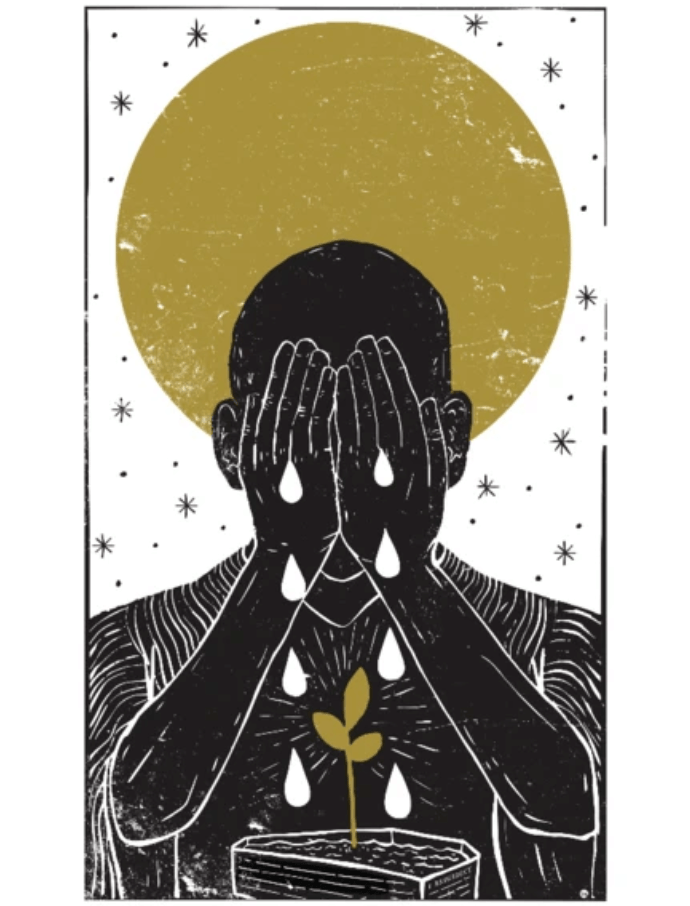Sunday is coming, but we are not there yet.
This quarantine is not the end of it all; but it seems to take much of our lives away. We cannot see or hug our loved ones. There is fear. We have been immersed in a new reality without choosing it.
We have many things to lament. Some of us might be keeping busy in order to not feel all the uncertainty or the pain in ourselves and in the world. I suggest that it is not sustainable to strive for things to just continue the same or even to hold on to the illusion that everything before Covid-19 was good, and want it back.
Lament starts by recognizing where we are and what is happening in us and around us. During Holy Week, Jesus teaches us lament. He cried as he entered Jerusalem, knowing most people failed to grasp God’s kingdom and the peace that was being made real in Jesus, which would bring them the life and freedom they desired. Jesus wept and prayed at Gethsemane. He cried to God, whom he knew was good and loving, to do away with the suffering that was before him.
We lament that the world is not what it should be. That the most vulnerable will suffer not only from a virus, but from a lack of resources. We lament the little knowledge we have of the “nobodies” whose pain will not be broadcast for the world to see and weep over. We lament our inability to engage our pain and those around us, not only because it hurts, but because we have become so accustomed to ignoring our own brokenness.
In this season, we remember the death and the resurrection of Jesus. We remember the story that has brought us life and that has determined that death and suffering does not have the last word. However, we also remember the cross. For this, we are required to stop and consider. To lament what led Jesus to the cross and his commitment to the restoration of all things. As we stop to remember, we are also invited to immerse in what is happening in us and around us. Immerse in the suffering and the pain, not because we are masochists, but because we are human.
Lament teaches us to resist the idol of security and comfort, in order to act human.
As we lament, we voice the deep sorrow within us, but we also acknowledge that God sees our sorrow, immerses into our pain, contends for our healing and is at work to restore all that is broken.
God’s kingdom is coming.
image by Scott Erickson

